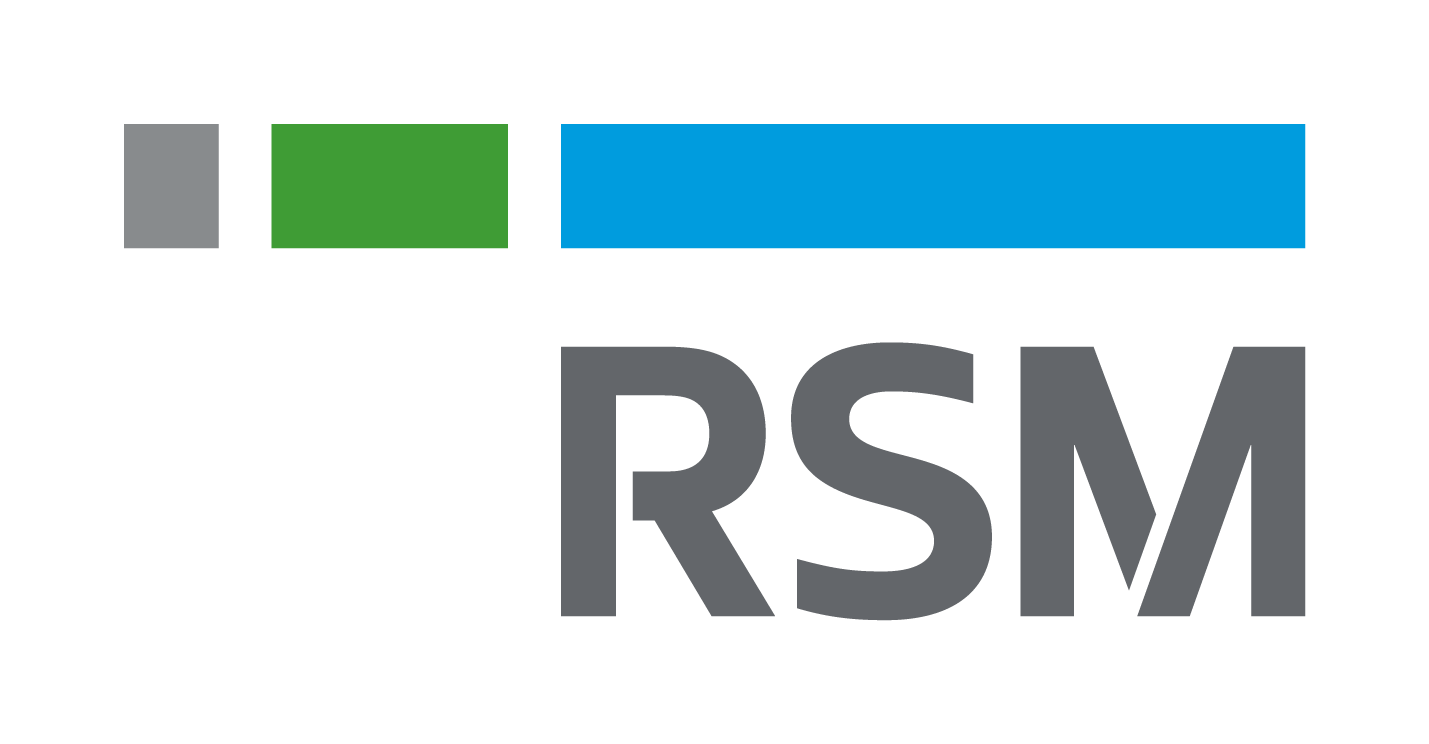Advantages of tax system for SEMs in Japan
November 2, 2020
In Japan, companies are primarily determined according to the amount of invested capital funds as to whether they can be classified as SMEs (Small and medium-sized entities).
A company established in Japan can benefit from a variety of tax-related procedures in the event it becomes a small and medium-size entity.
Consequently, a company incorporated in Japan that does not plan to increase its capital funds and intends to be a small and medium-sized entity will be able to enjoy tax benefits.
In this section, we will discuss tax benefits when establishing a small and medium-sized enterprise in Japan.
Corporate tax rate table
The corporate tax rate for small and medium entities (whose amount of income for each taxable year is less than 8.000.000 JPY) was reduced to 15%.
(with the capital less than 1 million JPY) (*1) | (capital more than 1 million JPY) | |
|---|---|---|
| Income for each taxable year less than 8 million JPY | Income for each taxable year more than 8 million JPY | |
*1 These tax relief measures are not applicable for the subsidiaries whose mother companies were establish after 1st April 2010 and have the capital more than 5 million JPY.
Definition of small and medium seized entities
The definition of small and medium entities is determined in 2nd Article of Small and Medium-sized Enterprises Basic Law. Meanwhile small and medium-sized entities to which preferential treatment applies are the entities with the capital less than 1 million JPY. (the table above) If talking about the scope of small and medium-sized, there are different cases depending on judicial system.
| Type of Business/Industry | Definition according to the Small and Medium-sized Enterprises Basic Law | Definition according to the Corporate Tax Law |
|---|---|---|
| Manufacturing industry | Capital less than 300 million JPY and less than 300 employees | Capital less than 100 million |
| Distribution Business | Capital less than 100 million JPY and less than 100 employees | |
| Retail Business | Capital less than 50 million JPY and less than 50 employees | |
| Service Industry | Capital less than 50 million JPY and less than 100 employees |
According to the definition from Corporate Tax Law, regardless to the type of business, the capital should be less than 100 million JPY.
Contact Us






